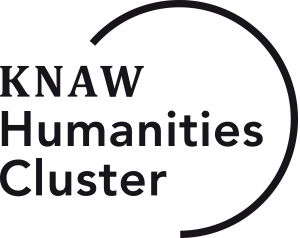More info
Vacancies
The Huygens Institute for the History and Culture of the Netherlands performs analytical research into Dutch history, literature and the history of knowledge, using innovative digital methods. Part of the institute dates back to 1902, when it was established as the ‘Commissie van Advies voor de ‘s Rijks Geschiedkundige Publicatien’ (Advisory Commission for Publications in the History of the Empire).
The International Institute of Social History (IISH) generates and offers reliable information and insights on the (long-term) origins, effects and consequences of social inequality at an international level. The IISH collections comprise archive, library and audio-visual material with a thematic emphasis on social and emancipatory movements. IISH was officially established on November 25, 1935, but its history goes back to the 1920s. In 1914, Nicolaas W. Posthumus (1880-1960), who ranked among the pioneers of modern economic history in the Netherlands had set up the Netherlands Economic History Archive (NEHA), the first of a series of scholarly institutions he initiated.
The Meertens Institute researches Dutch language and rituals we encounter in everyday culture. Documentation of language and rituals is to a large extent made dependent on the scientific efforts. The institute was founded in 1930 as a Dialect Office; the Folklore office was added in 1940, and Onomastics Office in 1948. These three offices worked together as the Central Commission for Dutch Social Research. P.J. Meertens, was the first director and he retired in 1965. Fourteen years later, the institute was renamed PJ Meertens Institute, which became the Meertens Institute in 1998.








